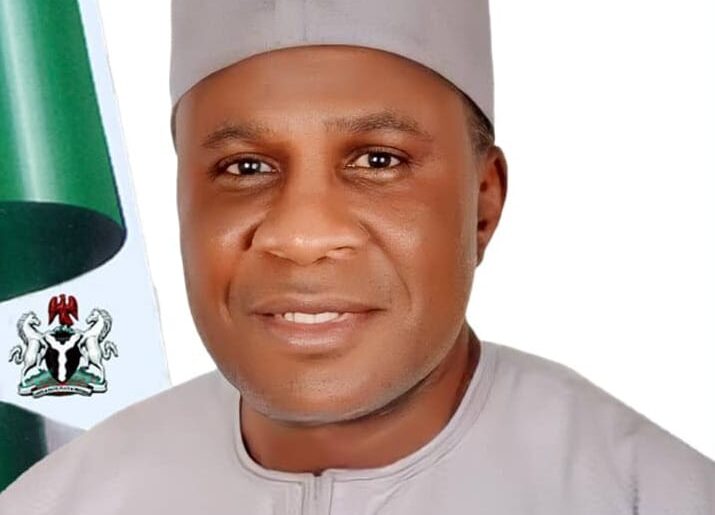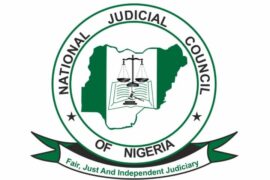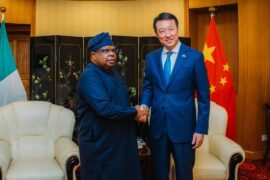The Ministry of Regional Development showcased its commitment to climate action and inclusive development during a side event at COP29, themed “Fostering Regional Synergies for Climate Resilience and Inclusive Development in Nigeria.”

Speaking at the event, the Honourable Minister , Engr Abubakar Momoh FNSE underscored the urgency of climate action, emphasizing that Nigeria, like many nations, is increasingly vulnerable to the impacts of climate change. He outlined how climate challenges are manifesting across Nigeria’s six geopolitical zones and the Niger Delta region, affecting agriculture, infrastructure, public health, and livelihoods.
Regional Challenges of Climate Change
The Minister highlighted the unique climate challenges faced by each zone:
North Central: Rising temperatures and drought threaten agricultural productivity, while water resources like the Niger and Benue rivers face pollution and erratic precipitation.
North East: Desertification and reduced rainfall are expanding the Sahara Desert, displacing communities and exacerbating conflicts.
North West: Unpredictable rainfall has led to severe flooding, with adverse effects on infrastructure and human settlements.
South East: Heavy rainfall causes gully erosion and landslides, resulting in loss of lives, property damage, and displacement.
South South: Coastal erosion, sea-level rise, and oil pollution continue to degrade the region’s ecosystems and livelihoods.
South West: Urban flooding, driven by inadequate drainage and rising sea levels, poses significant risks to public health and economic productivity.
Launch of the Niger Delta Climate Change Action Plan
At the heart of the Ministry’s presentation was the Niger Delta Climate Change Programme and Action Plan (NDRCCP-AP). This comprehensive document addresses the unique vulnerabilities of the Niger Delta, proposing practical solutions to mitigate and adapt to climate change impacts.
“The Niger Delta is witnessing accelerated climate impacts, with nearly complete loss of primary forests due to human activities, oil exploration, and acid rain. This action plan prioritizes sustainable development, low-carbon growth, and poverty alleviation,” the Minister stated.
Key initiatives outlined in the NDRCCP-AP include:
Sustainable Community Livelihood Projects to empower small-scale farmers.
Mangrove Reforestation for carbon sequestration and soil stabilization.
Flood and Erosion Control Projects with early warning systems.
Capacity Building for stakeholders to enhance climate governance and response.
The plan also aligns with Nigeria’s commitments under the Paris Agreement, emphasizing integrated adaptation and mitigation projects.
Collaborative Climate Action
Engr Momoh called for strengthened partnerships with local and international stakeholders to fund and implement the NDRCCP-AP. “We cannot tackle this challenge alone. Climate action requires robust collaboration across governments, businesses, and communities,” he noted.
The Ministry emphasized the importance of transitioning to cleaner energy sources, addressing deforestation, and leveraging technology to build a resilient Nigeria.
A Call to Action
As the side event concluded, the Honourable Minister reaffirmed the Ministry’s dedication to climate resilience and inclusive development. “The effects of climate change are evident across Nigeria. Together, we must act decisively to protect our people, our environment, and our future,” he declared.
With COP29 providing a global platform, the Ministry of Regional Development’s contributions spotlight Nigeria’s efforts to address the pressing challenges of climate change while fostering sustainable growth and regional synergies.




